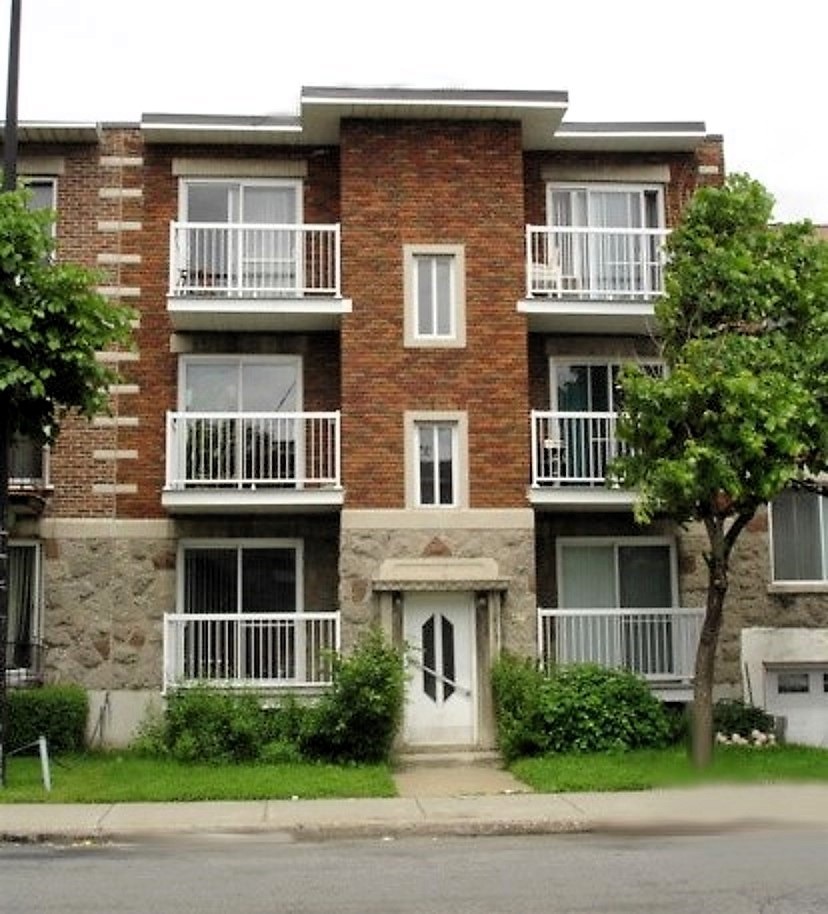Montreal continues to grapple with a housing affordability crisis—and among the neighbourhoods most affected is Parc-Extension. A June 2025 report by Statistics Canada reveals that asking rents for two-bedroom apartments surged nearly 71 percent between 2019 and early 2025, climbing from about $1,130 to around $1,930 monthly.
Locally, renters tell a familiar story: rent hikes of approximately 16 percent over the past year in Parc-Extension, according to Amy Darwish of the Comité d’action de Parc-Extension. This jump has compounded pressure on newcomers and long-term residents alike.
Meanwhile, broader rental metrics affirm the strain across the region. The CMHC reported a 7.7 percent year-over-year increase in average rents for two-bedroom apartments in the first quarter of 2025 compared to the previous year, up from 11.7 percent the year before. Also, Montreal averaged a 2 percent rise in asking rents during the same quarter
Despite signs of supply growth—with tens of thousands of rental starts underway—the market remains tight. Parc-Extension, traditionally one of the city’s more affordable areas, still faces affordability challenges, even though recent data identifies Villeray–Parc-Extension as consistently among the least expensive, averaging $1,522 for a one-bedroom unit in early 2025.
The implications are clear: many tenants are being priced out or pushed into overcrowded or insecure housing. With rental increases far exceeding general inflation, financial and housing stability is increasingly elusive for families in Parc-Extension.
Montreal’s housing crunch calls for meaningful intervention—whether through expanding social housing, strengthening rent controls, or enforcing policy mechanisms like short-term rental restrictions. Until then, residents in neighbourhoods like Parc-Extension will continue to shoulder the brunt of a citywide affordability crisis.




